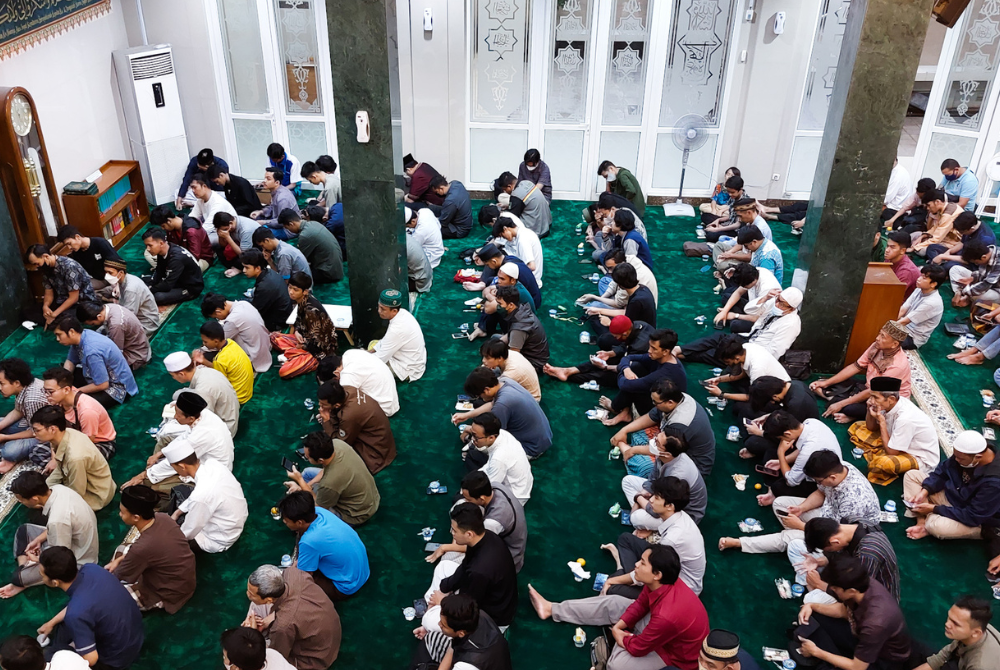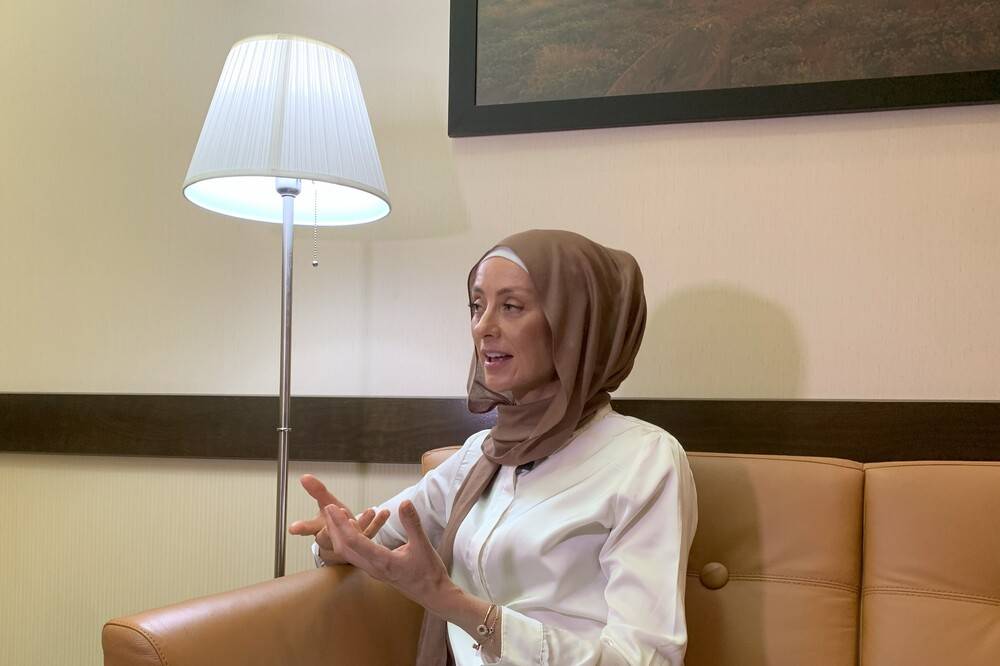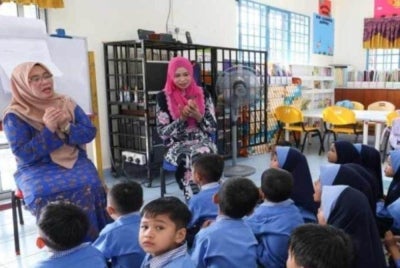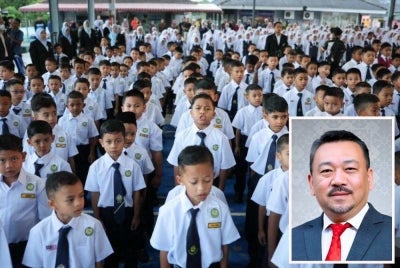How diversity shapes Muslim communities in Australia and Malaysia
Scholar unpacks Muslim life in Australia & Malaysia: Diversity, traditions, and surprises

KUALA LUMPUR - In Australia, Muslims make up a small part of the population at 3.2 per cent, a sharp contrast to Malaysia, where Muslims are the overwhelming majority.
This difference in numbers is just one of many fascinating aspects of how Muslims live in these two countries.
Academician and sociologist Dr Susan Carland has conducted extensive research into the Muslim communities of Australia and Malaysia, revealing a colourful world where mosques serve as hubs of cultural diversity and places where differences are not just accepted but celebrated.
As an esteemed scholar, Carland offered a unique perspective, shedding light on the rich tapestry of cultural influences that shape these communities.
“There are notable differences that I have found quite intriguing.
"Firstly, Muslims in Australia constitute a minority, comprising only 3.2 per cent of the population, approximately 800,000 people.
“This contrasts significantly with Malaysia, where the Muslim population numbers in the millions, shaping perceptions of identity and the role of religion in society.
“The Australian Muslim community is remarkably diverse, hailing from 183 different cultural backgrounds,” she told Sinar Daily.

This variety deeply enriches the Muslim experience in Australia, affecting everything from religious practices to social gatherings, she said.
“For instance, attending prayers at the mosque reveals a rich tapestry of diversity, with individuals from different cultural backgrounds coming together.
“As I stand in the mosque for prayer, I find myself surrounded by diversity, with an Egyptian woman on one side, a Turkish woman on the other, and an Indonesian woman in front of me, coupled with a Somali Imam leading the congregation.
“This mosaic of backgrounds prompts reflection on the various manifestations of Islam and the diverse interpretations of its teachings,” she added.
She contrasted these experiences with her time observing Ramadan in Malaysia.
“In Australia, it is common for people to host large iftar gatherings at home, often accommodating 20 to 30 guests on multiple nights.
“However, during discussions with local Muslims, I learned that this practice is not prevalent in Malaysia.
“Instead, individuals may opt to dine at home or visit restaurants, reserving home visits for Hari Raya Aidilfitri.
"This revelation challenged my assumptions about Ramadan practices globally,” she said.
During her research, Carland also observed unique cultural practices during Ramadan in Malaysia.
“While I anticipated bustling markets akin to those in Australia, I discovered that the Malaysian tradition involves taking food home for iftar rather than eating at the market.
“These cultural distinctions, while not affecting religious observance, offer valuable insights into the diverse ways in which traditions are upheld and rituals are observed,” she said.
Download Sinar Daily application.Click Here!














